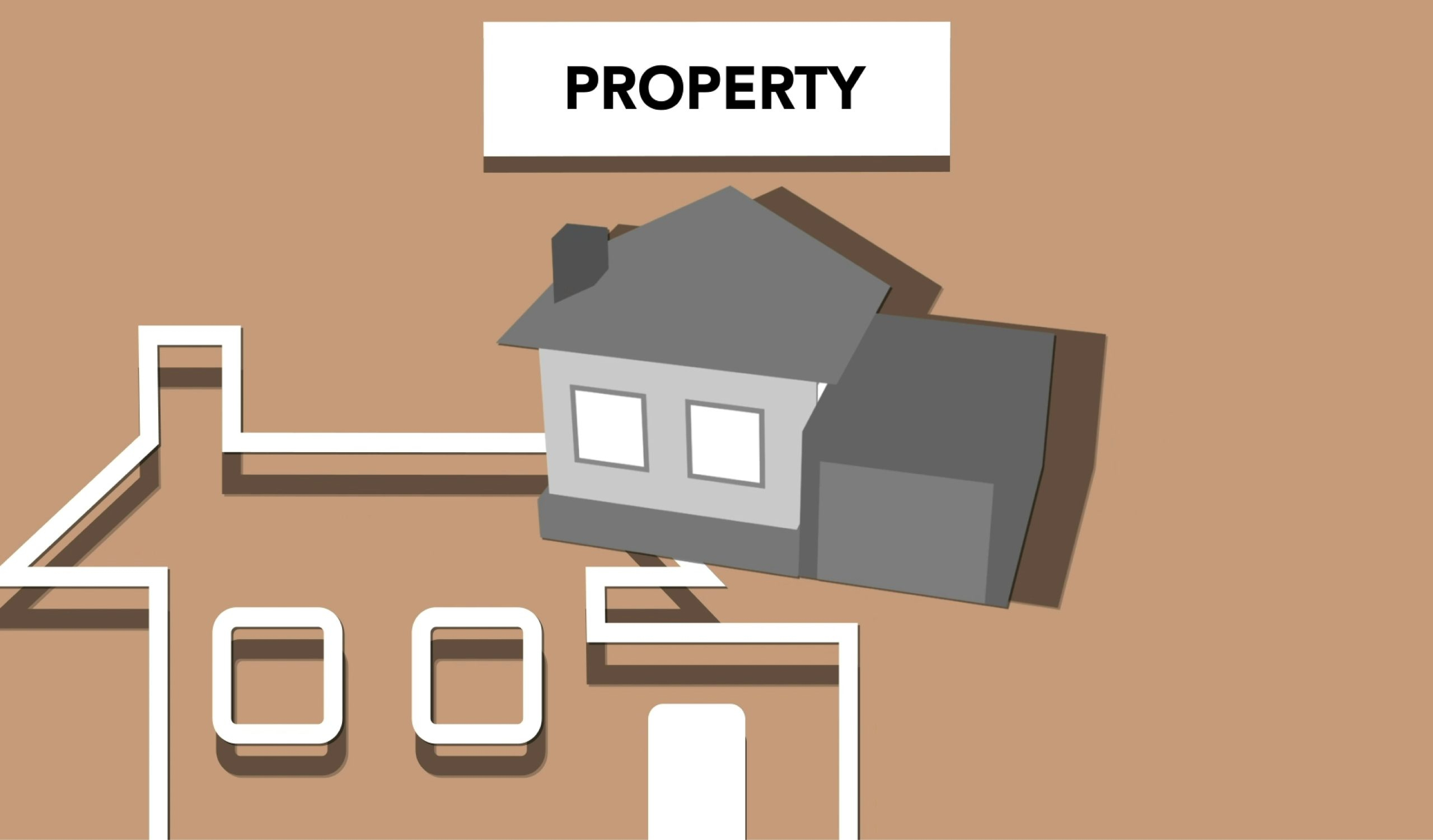Blockchain-Based Property Titles: Secure and Transparent Ownership
In today’s digital age, the world is constantly evolving and adapting to new technologies. One of the most recent advancements that has captured the attention of various industries is blockchain. While initially used for cryptocurrency, the potential applications of blockchain are far-reaching, and one such area is in property ownership titles.
What are Blockchain-Based Property Titles?
Blockchain-based property titles are digital records of property ownership that are verified, stored, and transferred on the blockchain network. This decentralized system eliminates the need for intermediaries, such as lawyers or agents, in the process of buying, selling, or transferring property ownership.
Secure Ownership with Blockchain
One of the biggest benefits of using blockchain for property titles is the enhanced security it provides. Traditional property ownership records are often stored in centralized databases, making them vulnerable to tampering or hacking. With blockchain, each record is encrypted and linked to the previous record, creating an unbreakable chain of ownership. This makes it nearly impossible for anyone to alter or falsify the records without being detected.
Additionally, the decentralized nature of blockchain means that there is no single point of failure. In other words, even if one node in the network is compromised, the data will still be securely stored on other nodes, ensuring the integrity of the records.
Transparency in Ownership
Blockchain-based property titles also provide a transparent system of ownership. Every transaction on the blockchain is recorded and verified by multiple users, making it virtually impossible to manipulate or conceal any information. This level of transparency not only promotes trust between parties but also reduces the risk of fraud.
The Impact on the Real Estate Industry
The implementation of blockchain-based property titles has the potential to greatly impact the real estate industry. With the elimination of intermediaries, the process of buying and selling property can become more efficient and cost-effective. This can also attract more foreign investors, as the decentralized system removes the need for physical presence or reliance on local agents.
In addition, the transparency and security provided by blockchain can improve the overall credibility of the industry. This can lead to increased investor confidence and a reduction in disputes over property ownership.
Potential Challenges and Limitations
While the use of blockchain for property titles shows promise, there are still some challenges and limitations that need to be addressed. One of the main concerns is the lack of standardization in the process. Different countries and jurisdictions may have their own regulations and requirements for property ownership, which can make it difficult to implement a universal system using blockchain.
Another obstacle is the initial cost and effort required to digitize existing property records and implement blockchain technology. This may be a barrier for developing countries or those with limited resources. Additionally, as with any new technology, there is a learning curve involved in using and understanding blockchain, which may pose difficulties for some users.
Conclusion
In conclusion, blockchain-based property titles offer a promising solution to the challenges faced by traditional property ownership systems. The secure and transparent nature of blockchain can greatly benefit the real estate industry and improve trust and efficiency in property transactions. While there are still hurdles to overcome, the potential for blockchain in this area is undeniable and worth exploring further.



